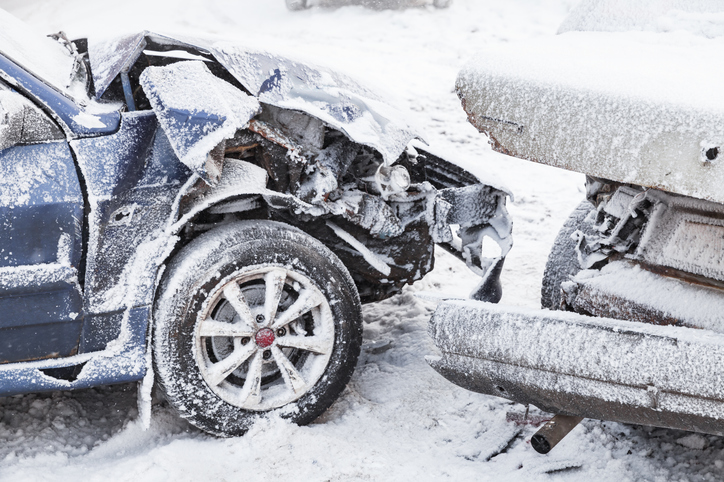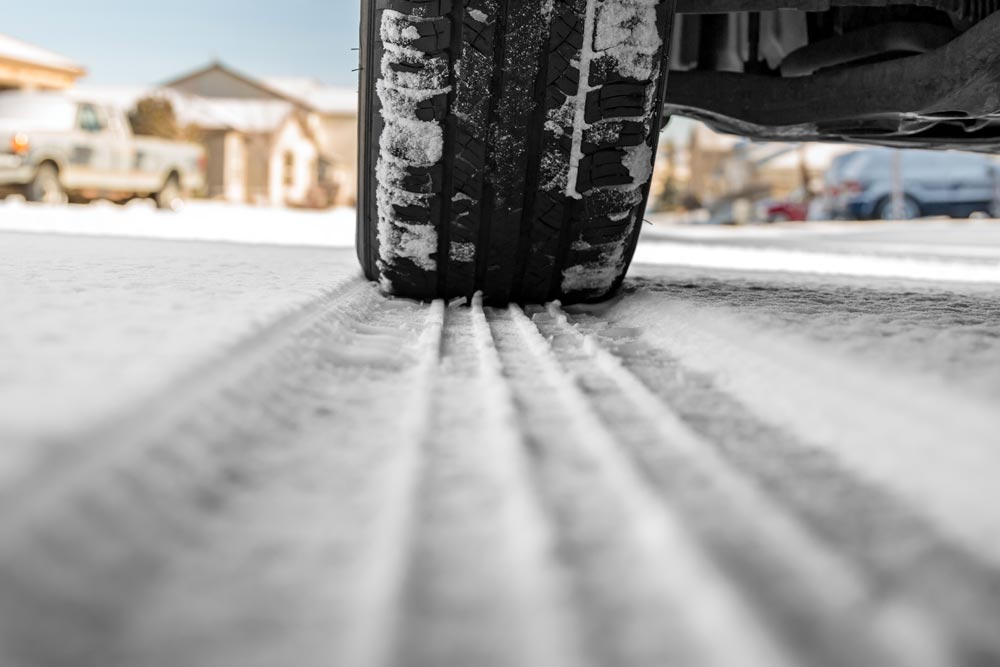By Erica Alini | Global News
It’s slip-and-slide season in Canada. Much of the country is covered in ice and snow and facing negative double-digit temperatures — it’s the kind of weather in which even snow plows occasionally find themselves drifting.
Here’s what Canadian motorists should keep in mind.
Does your insurance need to know about a fender-bender?
Most Canadians know to contact their insurance after a serious collision. In fact, in those circumstances, you also have a duty to report what happened to the police or a collision centre.
In general, you should dial 911 immediately if anyone was hurt or killed, when a driver involved is uninsured, unlicensed or appears intoxicated, and in hit-and-run cases. Often, you also have to file a police report when the crash caused significant property damage.
In Newfoundland and Labrador, Nova Scotia, Prince Edward Island, Ontario and Alberta, the police should be involved if the overall damage looks to be more than $2,000. In New Brunswick, the threshold is $1,000.
Wherever you live, if a police report is warranted, you also need to call up your insurance company.
But many of the collisions that happen around this time of year are just fender-benders. Often, the damage is less than the amount of your insurance deductible.
Does your insurance really need to know about things like minor dents and scratches?
“If the damage is less than the deductible, you won’t get an insurance payout so there is no point in reporting it to your insurance company,” said Anne Marie Thomas of InsuranceHotline.com, an insurance comparisons site.
That, though, is as long as both you and the other driver agree that there is no need to contact the insurance company.
“If the other driver was not at fault and is going to go through insurance, then it’s best for you to let your insurance company know,” Thomas added, speaking to Global News via email.
There is also an important difference between simply notifying your insurance of an accident and making a claim for reimbursement of damages, said John Shmuel at Lowestrates.ca, a financial products comparison site.
Filing a claim will affect your premium but an accident report might not, depending on your insurance policy and whether it includes features like accident forgiveness, he added.
And while reporting a fender-bender could lead to higher premiums, keeping mum also comes with risks.
Sometimes, what looks like “a little bit of damage can result in big bills,” Shmuel said. Or you might discover that the person travelling with you at the time of the collision develops neck pain a few days later, he added.
Your vehicle is a write-off — now what?
Of course, icy roads and poor visibility can lead to far worse than a fender-bender. And it doesn’t take much, these days, for insurance companies to declare your vehicle a write-off.
If that happens, know that you don’t have to accept the first figure the insurance adjuster comes up with.
“You’re completely within your right to dispute that,” if the number seems too low, Shmuel said.
Your insurance will send you an offer that details how they came up with the number.
“Go through the report with a fine-tooth comb,” Shmuel said.
The insurance adjuster will justify her estimate with research that may include consulting used-car dealers and partner companies for vehicles of the same make, model, year and overall condition. You should do your own, parallel research, Shmuel said.
Canadian Black Book is the place to start, he added. The website provides a Total Loss Report with an independent estimate of your vehicle’s cash value based on the company’s database of comparable vehicles.
In addition to that, though, you should also search sites like Auto Trader and Kijiji, Shmuel said. Don’t just look at asking prices, though, which can be unreasonable. When you find an ad for a comparable vehicle, reach out to the seller to see if they are willing to provide you with proof of the final sale price.
You should also submit any receipts for repairs or upgrades done to your vehicle. If you’re just replaced the transmission, for example, your insurance should take that expense into account.
“If you can prove that the market value of your car is more than the insurance company is offering, then you can negotiate. Oftentimes this happens when the vehicle has low mileage and/or you can prove that it was in great shape,” Thomas said.
Source: Global News
Looking for the right car insurance as a high risk driver? Get an instant car insurance quote from the High Risk Auto Pros today. Auto Insurance has never been easier! Get your auto insurance quote in minutes!





